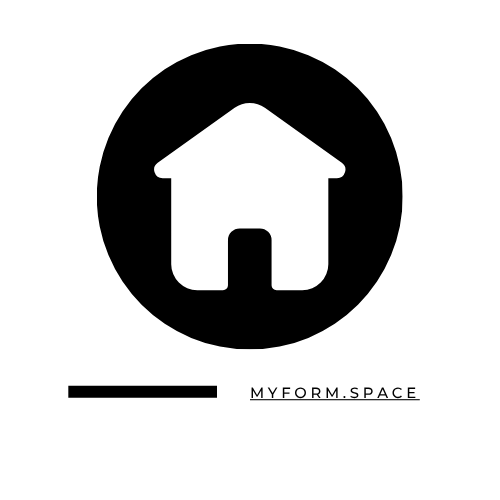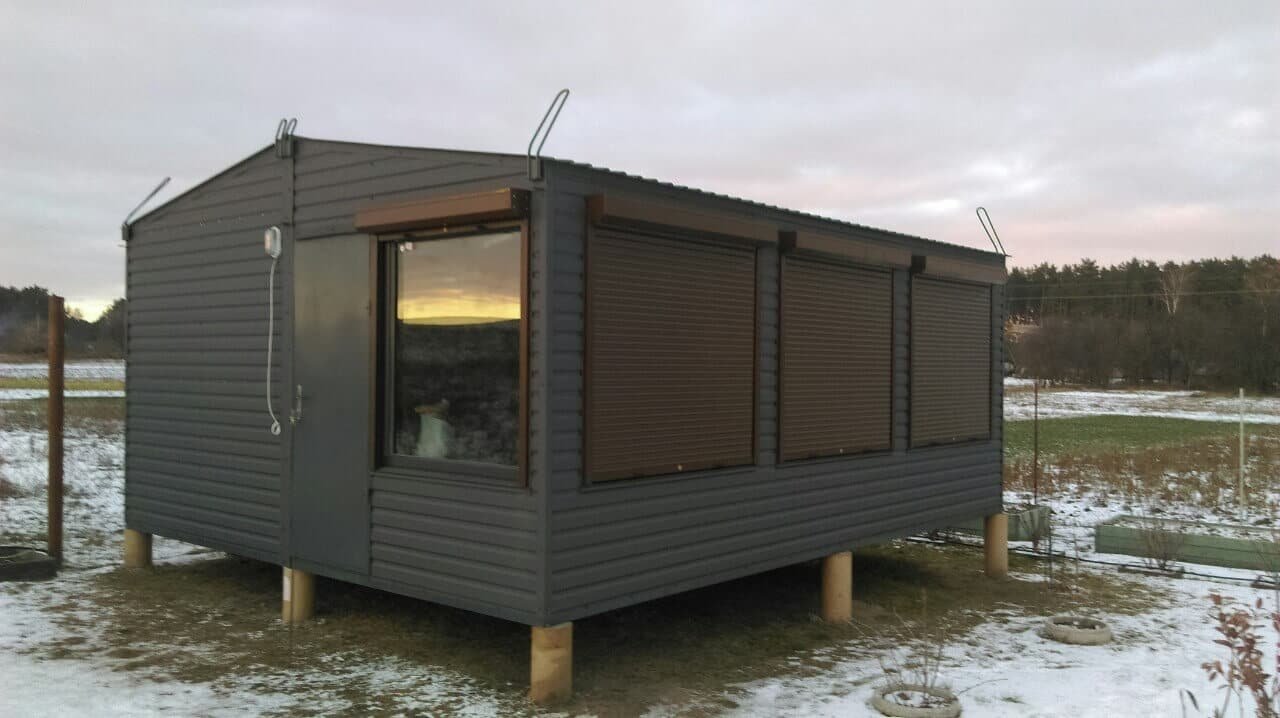The decision between purchasing a mobile home or a traditional house is a significant one. Both types of homes offer distinct advantages, and choosing the right one for you depends on your lifestyle, needs, and financial situation. In this article, we’ll compare mobile homes and traditional homes to help you make an informed decision about which option is best for you.
1. Cost Comparison: Affordability vs Long-Term Investment
One of the most significant differences between mobile homes and traditional homes is the cost. While both types of homes have their financial considerations, mobile homes tend to be more affordable upfront, which can be appealing for many buyers.
Mobile Homes: An Affordable Option
- Lower Initial Cost: Mobile homes generally cost significantly less than traditional homes. Whether you’re purchasing a brand-new or pre-owned mobile home, you’ll likely pay far less than the price of a comparable traditional house.
- Lower Monthly Expenses: Due to their smaller size, mobile homes typically have lower utility bills. Additionally, mobile home parks often have lower property taxes compared to traditional residential areas, which can reduce your overall living expenses.
- Financing Challenges: While mobile homes are more affordable, financing them can be more complicated than financing traditional homes. Lenders may view mobile homes as a less stable investment, so interest rates may be higher. It’s important to research your financing options carefully.
Traditional Homes: A Larger Investment
- Higher Purchase Price: Traditional homes are often much more expensive than mobile homes, with the average home price in many areas being several times the cost of a mobile home.
- Higher Property Taxes: Property taxes on traditional homes can be significantly higher than those on mobile homes. This can add a substantial amount to your monthly expenses, particularly if you’re purchasing a home in a high-tax area.
- Long-Term Investment: One of the main advantages of a traditional home is that it’s often considered a better long-term investment. Over time, traditional homes tend to appreciate in value, whereas mobile homes may depreciate, especially if they’re in mobile home parks or rented land.
2. Space and Size: Which Home Provides More Room?
When it comes to living space, traditional homes typically have a clear advantage due to their larger size. However, mobile homes are not without their own merits when it comes to space utilization.
Mobile Homes: Smaller but Efficient
- Compact Living: Mobile homes tend to be much smaller than traditional homes, with typical sizes ranging from 400 to 2,000 square feet. This makes them an excellent option for those looking to downsize or live a more minimalist lifestyle.
- Efficient Use of Space: Although they are smaller, modern mobile homes are designed to maximize every square inch. Many feature open floor plans, built-in storage solutions, and multi-purpose rooms that make the most out of the limited space available.
- Ideal for Single or Small Families: Mobile homes are often perfect for individuals or small families who don’t need the extra space that a traditional home provides. They are especially well-suited for those who are looking to live alone, as a couple, or with a small child.
Traditional Homes: Spacious and Expansive
- More Room for Families: Traditional homes typically offer more space, with larger living rooms, multiple bedrooms, and expansive kitchens. These homes are well-suited for larger families or those who require extra space for work, play, or storage.
- More Flexibility for Customization: With traditional homes, you have more flexibility when it comes to expanding or adding additional rooms, such as a home office, gym, or additional bedrooms. Mobile homes, on the other hand, tend to be more limited in terms of expansion.
3. Mobility and Flexibility: Can You Move Your Home?
One of the primary reasons people choose mobile homes is the mobility they offer. However, traditional homes have their own advantages when it comes to location and flexibility.
Mobile Homes: Mobility at Its Best
- Freedom to Move: The most obvious advantage of mobile homes is their mobility. If you enjoy traveling or want to live in different locations, a mobile home offers the flexibility to pick up and move whenever you choose. This is ideal for people who work remotely or have a nomadic lifestyle.
- Mobile Home Parks: While some people choose to live on private land, many mobile home owners choose to place their homes in mobile home parks. These parks provide community amenities and allow for easy relocation, though you may be required to pay rent for the land on which your home is placed.
- Reduced Stability: The downside of mobility is that you may lose some stability. Moving your mobile home can be expensive and complicated, and you may have to contend with zoning restrictions and parking fees.
Traditional Homes: Permanence and Stability
- Fixed Location: Traditional homes are permanent structures that cannot be moved. This provides a sense of stability and allows homeowners to establish long-term roots in a particular community.
- Investment in Real Estate: A traditional home can provide long-term security and potential for growth in real estate value. Unlike mobile homes, which tend to depreciate, traditional homes usually increase in value over time.
- Zoning and Legal Issues: With traditional homes, you don’t have to worry about zoning laws or permits related to moving the structure. However, you may need to follow strict regulations regarding renovations or land use.
4. Maintenance and Upkeep: Which Home Requires Less Care?
Both mobile homes and traditional homes require regular maintenance, but the amount of work and cost involved can vary significantly.
Mobile Homes: Low Maintenance, Smaller Tasks
- Simpler Maintenance: Mobile homes tend to have fewer rooms, smaller yards, and simpler construction, making maintenance tasks quicker and less costly. The compact design also means there’s less to clean and maintain, which can save you both time and money.
- Regular Inspections: Mobile homes require regular inspections to ensure that the wheels, axles, and chassis are in good condition. This is particularly important if you plan to move your home regularly.
Traditional Homes: Larger Maintenance Needs
- More Upkeep: Traditional homes often require more extensive upkeep, such as caring for large yards, dealing with roofing repairs, and maintaining plumbing or electrical systems. Additionally, larger homes tend to accumulate more wear and tear, which can increase maintenance costs over time.
- Higher Costs: Due to the size and complexity of traditional homes, repairs and maintenance can be more expensive. For instance, replacing a roof on a traditional home can cost thousands of dollars, whereas mobile homes are typically less expensive to maintain.
5. Sustainability: Eco-Friendly Living in Your Home
Both mobile homes and traditional homes can be designed to be environmentally friendly. However, mobile homes are often seen as a more sustainable option due to their smaller size and lower energy consumption.
Mobile Homes: Compact and Energy Efficient
- Lower Energy Use: Mobile homes typically use less energy due to their smaller size and more efficient layouts. Many mobile homes come equipped with energy-efficient appliances and insulation, which can lower your environmental footprint and reduce utility bills.
- Eco-Friendly Features: Many mobile homes are now built with eco-friendly materials, such as recycled steel and energy-efficient windows. Some homes also feature solar panels, allowing you to harness renewable energy and reduce your reliance on fossil fuels.
Traditional Homes: Larger Environmental Impact
- Higher Energy Consumption: Traditional homes tend to consume more energy due to their larger size and often less-efficient construction. This can lead to higher utility bills and a larger carbon footprint.
- Opportunities for Sustainability: Despite this, traditional homes can still be made more eco-friendly by installing energy-efficient appliances, using sustainable building materials, and adopting solar power systems. However, these improvements tend to be more costly and require significant upfront investment.
Conclusion
When deciding between a mobile home and a traditional home, it’s important to weigh the pros and cons of each option. Mobile homes offer a more affordable and flexible lifestyle, with the ability to move easily and live in smaller, more efficient spaces. On the other hand, traditional homes provide more space, stability, and long-term investment potential.
Ultimately, the right choice depends on your individual preferences, lifestyle, and financial situation. Whether you choose the freedom of a mobile home or the permanence of a traditional home, both options can provide comfort and a place to call your own.

